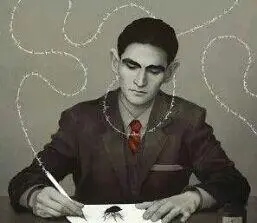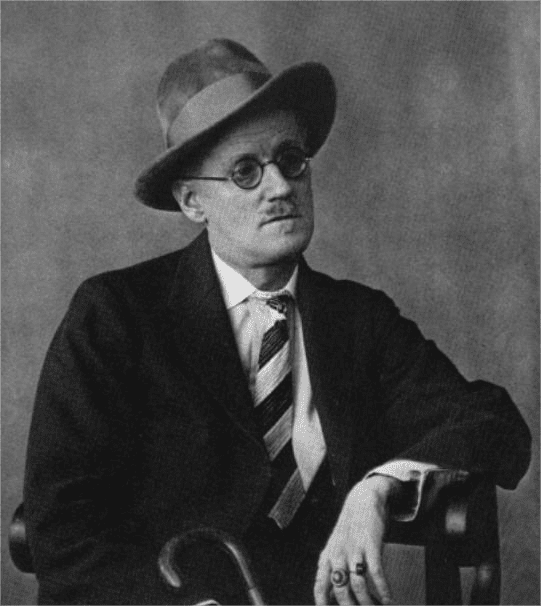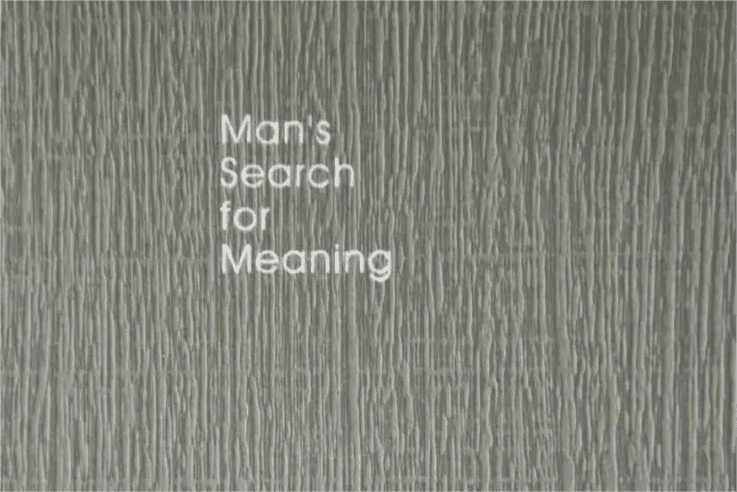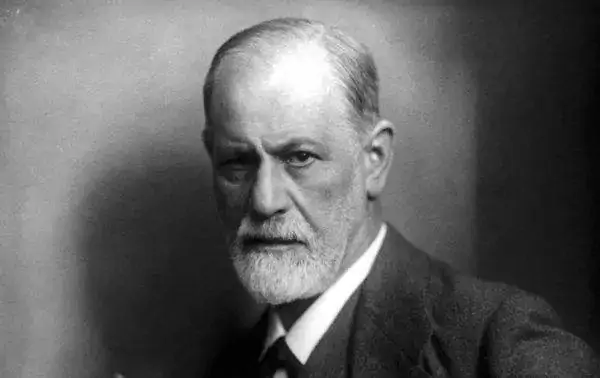In 1912, at the age of 29, Kafka wrote his favorite work, Das Urteil, for eight hours straight on a late night in September. He wrote in his diary:
“My legs are so stiff I can’t get them out from under the table. When the story unfolds in front of me, I’m in a state of extreme tension and joy, and that’s the only way to write.”
In the story, Georg, a businessman, lives with his father after his mother’s death, but they do not get along. When Georg told his father that he had written to a Russian friend, his father became more suspicious and even triggered a more violent confrontation. Finally, Georg was ordered by his father to commit suicide by throwing himself into a river. And this struggling, conflicted son actually jumped out the door, across the road, and off the bridge.
“You’re a demon in a fundamental sense!
– so listen: I now sentence you to throw yourself into the river!”
This was a very commanding statement from a father, and what was even more absurd was that his son actually acted on it. In the novel, the father wields absolute authority: he questions the authenticity of his son’s Russian friends; Accusing him of writing a letter full of lies; Dissatisfied with his success in business; He even used newspapers to hide his face and spy on his son’s every move.
Georg, however, seems to have been born with a sense of “original sin” in which his father was always right, no matter what. The existing Russian friend became fuzzy under his father’s questioning. He stood up in embarrassment and said, “A thousand friends are not worth my father.” Then he tried to turn the conversation to his father’s health, not to show his friend’s authenticity. Georg had done nothing wrong, however, and there were Russian friends, but the father’s word was obeyed as if it were a sentence from God.
The subservience runs so deep into the blood that when the only remaining consciousness of resistance emerges, the subliminal subservience factor comes into play without Georg’s knowledge. When he finally gave up his father’s oppression and tried to fight back, the next moment he realized he had done something wrong, and it was too late.
Even before he had uttered the words “ten thousand times” he had intended to mock his father, there was a very serious tone in his voice. Georg’s sense of rebellion faded in front of his father. Long deference had stripped him of the courage to resist.
And patience and oppression also let Georg and his father between the contradiction accumulated step by step. When my father realized that he was getting old and that his once absolute authority was about to be shaken, he finally exploded. So he kept asking, “Am I covered up?” “Yes, it’s well covered,” the son kept confirming. The conversation finally exhausted his last patience.
“You will cover me, I know; but I am not quite covered, and if it be the last of my strength, it will be more than enough for you.”
“Guy”, which means burial in German, infuriated my father. Georg’s display of patricide makes the still burly but aging father want to defend his supreme power.
But the love is still there. The son, accustomed to accepting authority, is repressed, resistant, and even broken, but he is willing to accept his father into his future home and is ashamed of his previous intention to leave him behind. This is probably out of the deepest love for blood and family. As outrageous as the father was, if he had said, “The sun is black!” Georg probably still will not explain, the family has become deformed and distorted, more often, the son of obedience and blindly tolerance equated with love.
This twisted love is more and more obvious because of the existence of estrangement. The two relatives who live together meet at the most place is a firm. They often sat in the living room for a while, but did not communicate, just went about their business. The lack of mental communication has hardened the relationship between father and son, so much so that Georg has not been in his father’s room for months while living under the same roof.
Alienation may have been all too familiar to Kafka, who wrote in his Letter to His Father:
“You accuse me of being cold, distant, and ungrateful, and you accuse me as if it were all my fault, and if I could only mend my ways, things would be much better, and you have done nothing wrong, if anything, in being too good to me.”
Kafka also lacked communication with his father, who he described as being taught by cursing, intimidation, sarcasm, grim smiles and complaints. These experiences deeply influenced his creation, making the father-son relationship in his pen always not harmonious.
Whether it’s Metamorphosis, The Trial, or The Castle, the father’s character is always tyrannical, violent and ruthless. The dark and powerful paternity always occupies the core position in Kafka’s novels. This insurmountable and penetrating suppression of power makes his novels always covered with repression and helplessness. The paternity is superior, insolent, cold and difficult to break through.
What kind of relationship should father and son have? Too many sons share Georg’s estranged, strange, and awestruck sense of their father. But the difference is that today, almost no one will obey his father’s words, no one will throw himself into a river because of his father’s judgment.
Patricide is now more evident than father-fear, as obedience evolves into anger and rebellion under the constant suppression of paternity. This is not just one generation trying to outdo another, but also the inevitable process of patriarchy from accumulation and accumulation to realization and explosion.
And the relationship between the father and the son, and is not “patricide” so simple, love is always in the middle to make the relationship between father and son become more complex, always difficult to ignore the blood and affection interwoven with contradictions, in the face of conflict again and again to seek to resolve the possibility. And the mutual “love” between father and son, although secret, introverted but undeniable real existence, and with a great inclusiveness in the repeated conflict to resolve the crisis.
When Georg ran recklessly out of the gate, across the road, and jumped off the bridge, was he obeying orders, or was he fighting to the death? The son who had been repressed for so long ended his life in a grotesque way.
Under the bridge the flow of vehicles, no one knows, a life is so sad to leave.









